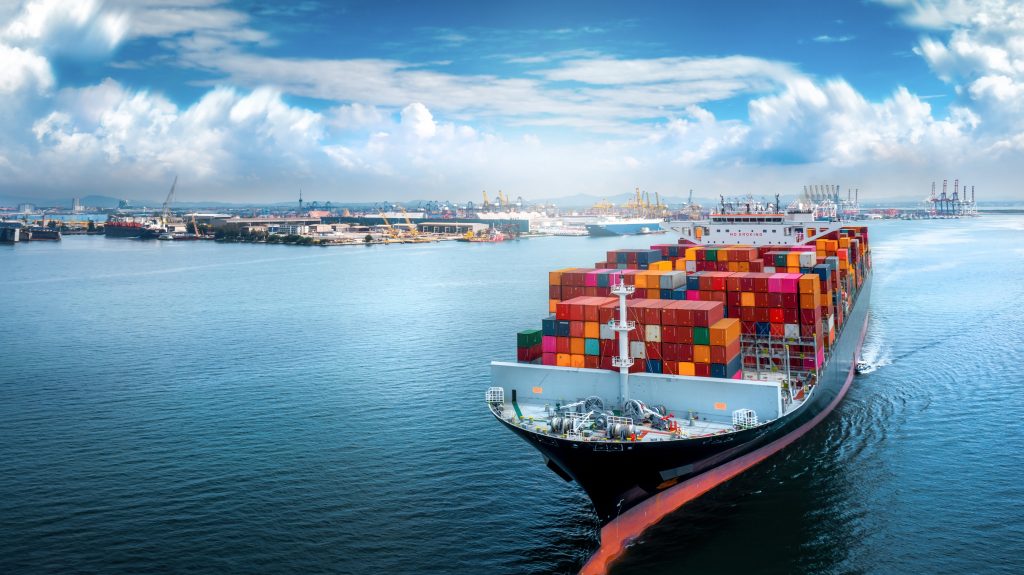
Demystifying Incoterms: A Comprehensive Guide
Posted on October 17 2023

What are Incoterms?
Short for International Commercial Terms, Incoterms are a set of standardised rules that define the responsibilities and obligations of a buyer and a seller in an international transaction. If you need to ship goods internationally, having a good understanding of Incoterms can help to streamline the freight forwarding process.
Understanding Incoterms
Incoterms were first introduced by the International Chamber of Commerce (ICC) in 1936. These terms serve as a universal language for businesses engaged in international trade by clarifying who is responsible for various costs, risks and tasks during the shipping process.
Incoterms are Divided into Four Categories:
E Terms (Ex Works): The seller’s responsibility ends at their premises and the buyer assumes all risks and costs from that point onwards.
F Terms (Free Carrier, Free Alongside Ship, Free on Board): These terms dictate when the risk shifts from the seller to the buyer, with variations based on the location and mode of transport.
C Terms (Cost and Freight, Carriage Paid To, Carriage and Insurance Paid To): In C Terms, the seller is responsible for arranging and paying for transportation up to a certain point, after which the buyer takes over.
D Terms (Delivered at Terminal, Delivered at Place, Delivered Duty Paid): These terms place the most responsibility on the seller, making them responsible for delivering the goods to a specified location and often covering import duties and taxes.
The Significance of Incoterms
Cost Transparency: Understanding the chosen Incoterm ensures that you can accurately calculate costs and prevent unexpected expenses, contributing to better financial planning.
Risk Management: Incoterms clarify when the risk of loss or damage to goods shifts between parties, allowing you to implement risk mitigation strategies effectively.
Efficient Operations: Knowledge of Incoterms helps optimise transportation routes, warehousing and delivery schedules, leading to streamlined operations.
Legal Compliance: Adhering to the correct Incoterms ensures that you meet legal and regulatory requirements, avoiding potential disputes or penalties.
Best Practices for Incoterms
Collaborate with Shipping Experts: Seek advice from a shipping expert who understands Incoterms. Their expertise can help you choose the most suitable term for each transaction.
Document Thoroughly: Accurate and complete documentation is crucial for international shipping. Ensure that all required documents align with the chosen Incoterm.
Risk Mitigation: Work with insurance providers to ensure that your coverage aligns with the chosen Incoterm. This can protect your business in case of unforeseen events.
Stay Informed: Keep up to date with Incoterm updates issued by the ICC. Staying informed ensures that your business remains compliant with the latest international trade standards.
In the complex world of international trade and shipping, Incoterms are a vital tool for businesses with shipping needs. A solid grasp of these rules allows companies to conduct international transactions with confidence, efficiency and transparency.
Are you looking for a shipping company to help you navigate the complex world of global trade? Stadium Export Services offers a complete freight forwarding solution. Our team of experts are ready to provide guidance to make sure you select the right Incoterms for your shipment, ensuring an efficient, cost-effective shipping process.